Grand Rapids, MI Drug & Alcohol Treatment Centers
Looking for help with addiction in Grand Rapids, MI?
Insurance
Treatment Programs
Looking for help with addiction in Grand Rapids, MI?
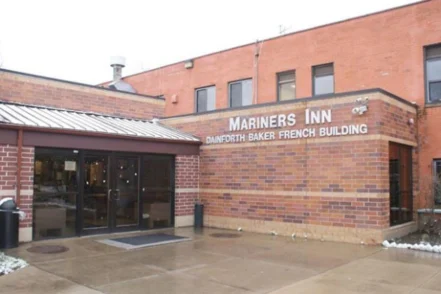
445 Ledyard Street Detroit, Michigan 48201
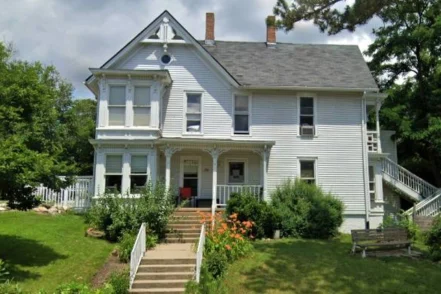
502 West Huron Street Ann Arbor, Michigan 48103
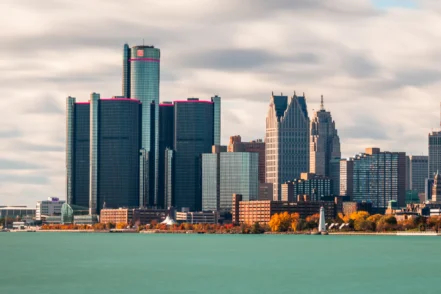
745 East Grand Boulevard Detroit, Michigan 48207
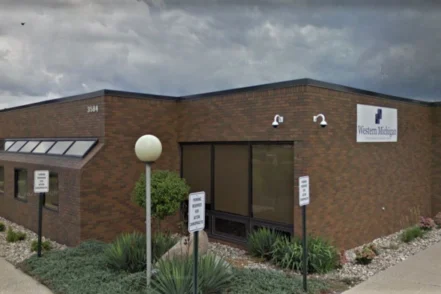
3584 Fairlanes Avenue Sw, Suite 2 Grandville Gaastra, Michigan 49418
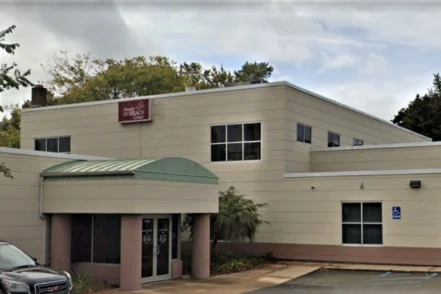
1939 South Division Avenue Grand Rapids, Michigan 49507
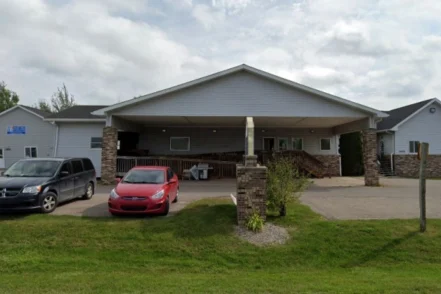
2655 Ashmun Street Sault Ste. Marie, Michigan 49783
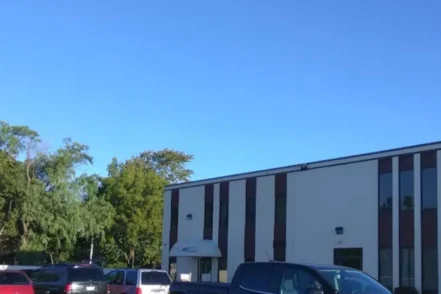
31581 Gratiot Avenue, Suite 100 Roseville, Michigan 48066
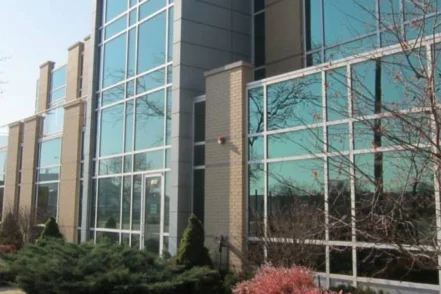
1848 Biddle Ave Wyandotte, Michigan 48192
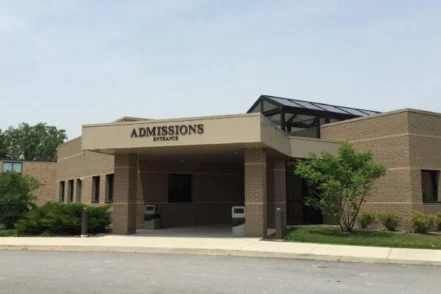
400 Stoddard Road Richmond, Michigan 48062
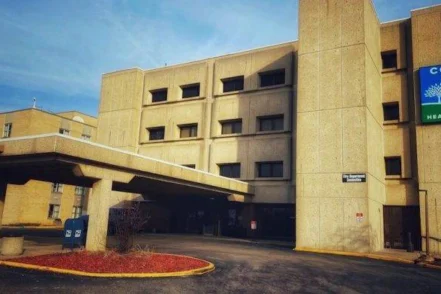
4777 East Outer Drive, Suite 2 West Detroit, Michigan 48234
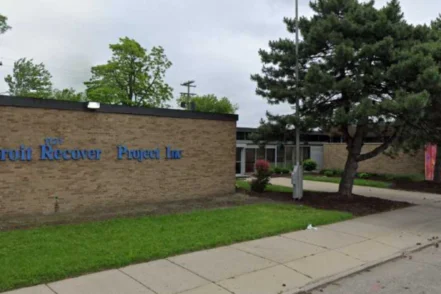
1121 East McNichols Road Detroit, Michigan 48203
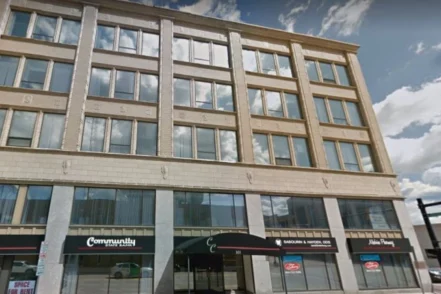
301 East Genesee Street Saginaw, Michigan 48607
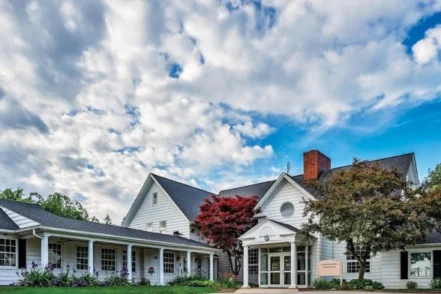
12851 Grand River Road Brighton, Michigan 48116

2329 Center Street Boyne Falls, Michigan 49713

25639 Ford Road Dearborn Heights, Michigan 48127